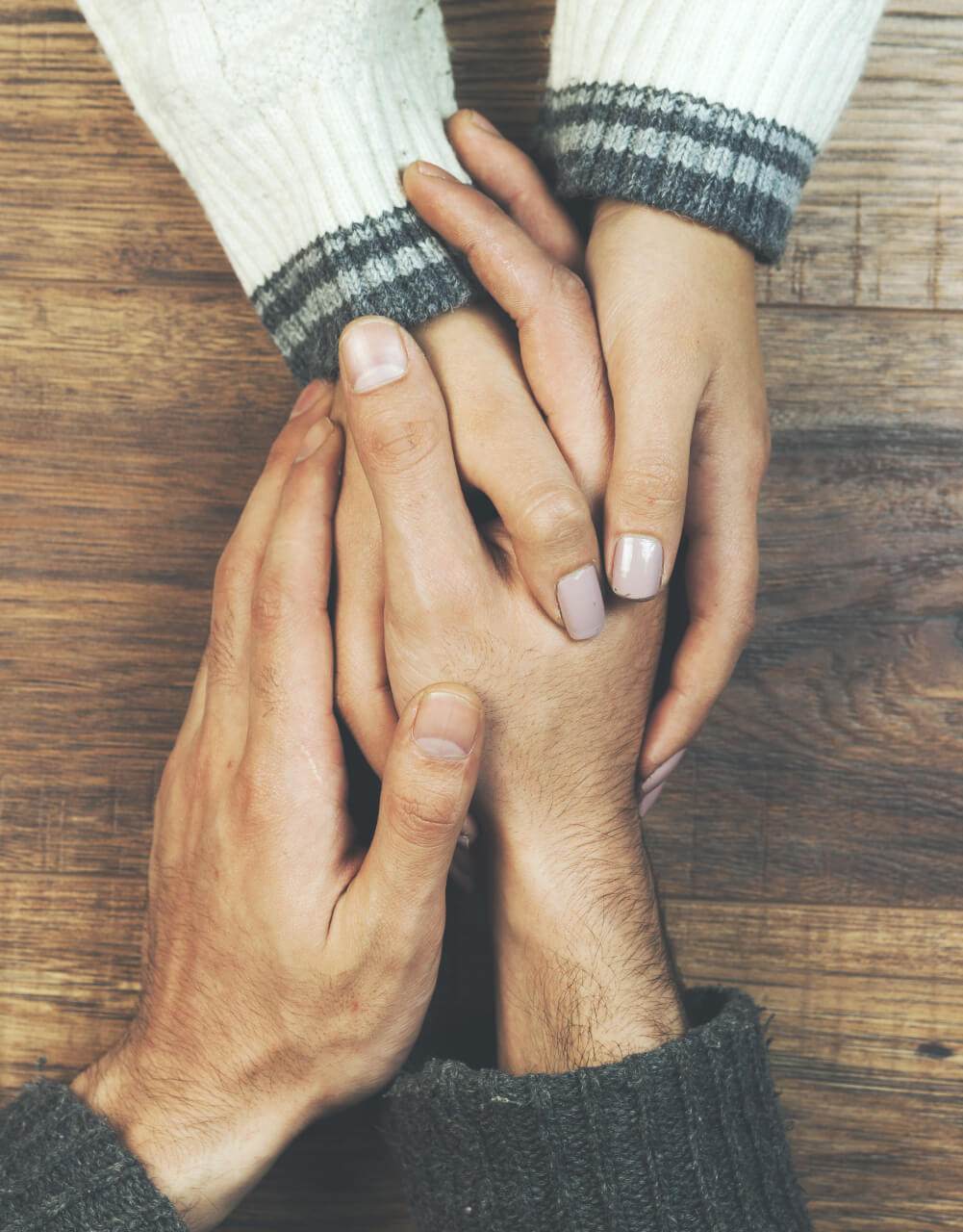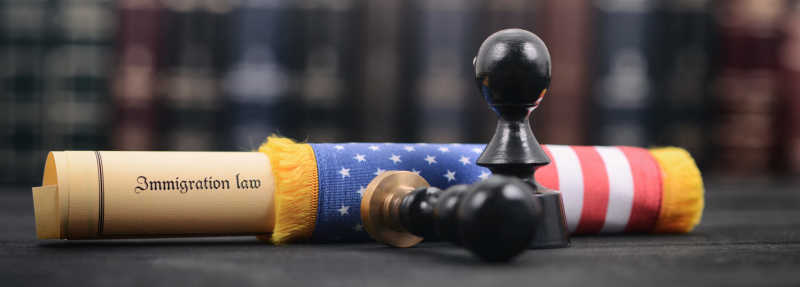Hurt at a Business?
Slip and fall accidents, along with other premises liability claims, occur when property owners fail to maintain safe conditions on their premises. These accidents can happen in stores, offices, or even private homes.
How HLG Helps: HLG will investigate whether the property owner failed in their duty to keep their premises safe. We’ll gather evidence to prove negligence and help you recover compensation for your medical bills, lost wages, and pain and suffering.
Thorough Investigation:
Scene Inspection: HLG will immediately visit the accident site to document the conditions, take photographs, and gather any available evidence, such as surveillance footage. This is crucial because property owners often try to fix hazards quickly after an accident.
Witness Interviews: They'll interview witnesses who saw the accident or are familiar with the property's condition to gather firsthand accounts and support your claim.
Expert Opinions: If needed, HLG will consult with experts like engineers or safety specialists to determine if building codes were violated or if the property was inherently dangerous.
2. Establishing Negligence:
Duty of Care: HLG will establish that the property owner owed you a duty of care. This duty varies depending on your status on the property (invitee, licensee, or trespasser), but generally, property owners must take reasonable steps to prevent foreseeable harm.
Breach of Duty: They'll demonstrate how the property owner breached their duty by failing to address a hazardous condition, such as:
Wet or slippery floors
Uneven surfaces or potholes
Inadequate lighting
Missing or broken handrails
Obstructed walkways
Falling objects
Causation: HLG will prove that the property owner's negligence directly caused your injuries. This involves showing a clear link between the hazardous condition and your fall.
Overcoming Common Defenses:
"Open and Obvious" Danger: Property owners often argue that the hazard was open and obvious, and you should have avoided it. HLG will counter this by showing that the danger was unavoidable or that the property owner had a duty to warn you about it.
Comparative Negligence: If you were partially at fault for the accident (e.g., not paying attention), North Carolina follows a "contributory negligence" rule, meaning you could be barred from recovery. HLG will work to minimize any claims of your own negligence.
Seeking Full Compensation:
Medical Expenses: Covering all your medical costs, including ambulance fees, hospital bills, doctor visits, physical therapy, and future medical care.
Lost Wages: Recovering your lost income if you were unable to work due to your injuries, including future lost earnings if you have long-term disabilities.
Pain and Suffering: Seeking compensation for the physical pain, emotional distress, and diminished quality of life caused by the accident.
Slip and fall accidents, along with other premises liability claims, occur when property owners fail to maintain safe conditions on their premises. These accidents can happen in stores, offices, or even private homes.
How HLG Helps: HLG will investigate whether the property owner failed in their duty to keep their premises safe. We’ll gather evidence to prove negligence and help you recover compensation for your medical bills, lost wages, and pain and suffering.
Thorough Investigation:
Scene Inspection: HLG will immediately visit the accident site to document the conditions, take photographs, and gather any available evidence, such as surveillance footage. This is crucial because property owners often try to fix hazards quickly after an accident.
Witness Interviews: They'll interview witnesses who saw the accident or are familiar with the property's condition to gather firsthand accounts and support your claim.
Expert Opinions: If needed, HLG will consult with experts like engineers or safety specialists to determine if building codes were violated or if the property was inherently dangerous.
2. Establishing Negligence:
Duty of Care: HLG will establish that the property owner owed you a duty of care. This duty varies depending on your status on the property (invitee, licensee, or trespasser), but generally, property owners must take reasonable steps to prevent foreseeable harm.
Breach of Duty: They'll demonstrate how the property owner breached their duty by failing to address a hazardous condition, such as:
Wet or slippery floors
Uneven surfaces or potholes
Inadequate lighting
Missing or broken handrails
Obstructed walkways
Falling objects
Causation: HLG will prove that the property owner's negligence directly caused your injuries. This involves showing a clear link between the hazardous condition and your fall.
Overcoming Common Defenses:
"Open and Obvious" Danger: Property owners often argue that the hazard was open and obvious, and you should have avoided it. HLG will counter this by showing that the danger was unavoidable or that the property owner had a duty to warn you about it.
Comparative Negligence: If you were partially at fault for the accident (e.g., not paying attention), North Carolina follows a "contributory negligence" rule, meaning you could be barred from recovery. HLG will work to minimize any claims of your own negligence.
Seeking Full Compensation:
Medical Expenses: Covering all your medical costs, including ambulance fees, hospital bills, doctor visits, physical therapy, and future medical care.
Lost Wages: Recovering your lost income if you were unable to work due to your injuries, including future lost earnings if you have long-term disabilities.
Pain and Suffering: Seeking compensation for the physical pain, emotional distress, and diminished quality of life caused by the accident.

